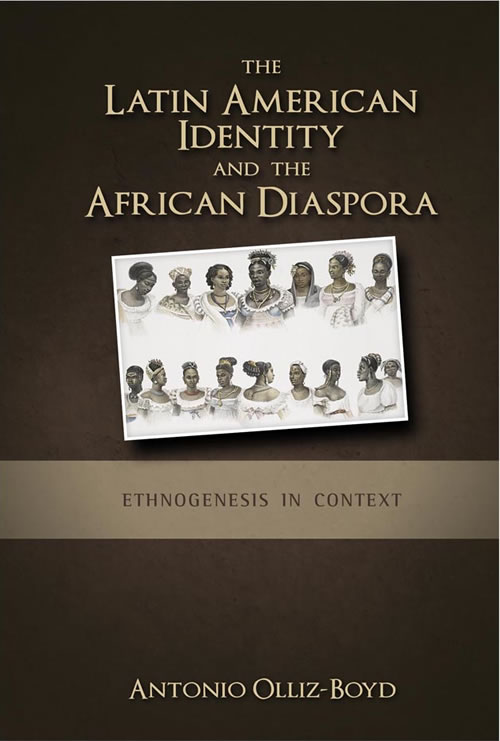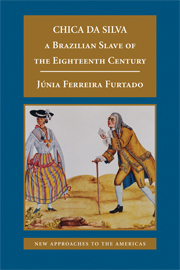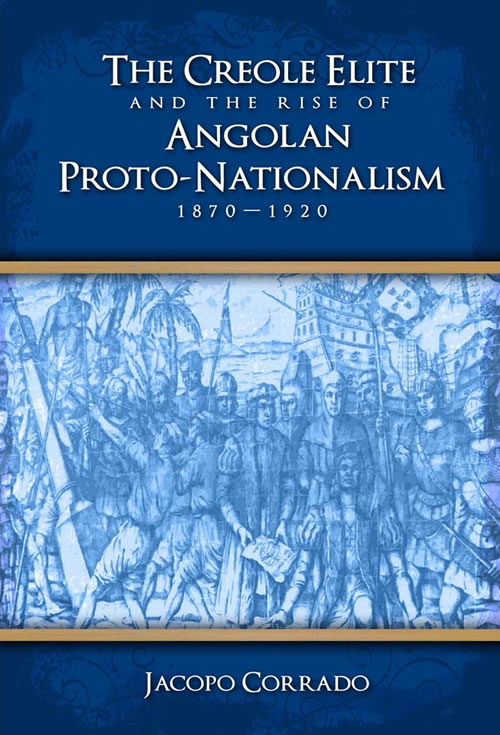The Latin American Identity and the African Diaspora: Ethnogenesis in Context
Cambria Press
2010-08-08
360 pages
ISBN: 9781604977042
Antonio Olliz-Boyd, Emeritus Professor of Latin American Literature
Temple University

Just beneath the surface of most scholars’ research on the ethno-racial composition of Spanish-speaking America lies a definitive connection between the African Diaspora and the Latin American identity. Although to a lesser extent, this is also true of Portuguese-speaking Brazil—the existence of African-related people and their role as an integral part of the total Latin ethnicity currently appears to be more readily accepted and discussed in Brazil than in other Latin American countries. Afro-Peruvians, Afro-Colombians, Afro-Venezuelans, Afro-Uruguayans, or Afro-Mexicans—to name just a few—are rarely openly acknowledged in most of Spanish-speaking Latin America. However, one cannot deny that African slavery was a fact of life in all the territories colonized and settled by Spain and Portugal in the Americas, and with this, of course, came widespread miscegenation between the European male and the subjugated African female.
More than likely, because of the diversity of racial features, most non-natives do not see the extent to which Latin America’s genetic amalgam can often mask the phenotypic effects of race-mixing. As a result, many researchers and scholars of the area are reluctant to divulge that someone is a descendant of African forebears because doing so might run the risk of one being considered politically incorrect or having debased that person’s character. Whereas in the United States there is little to no stigma attached to the president’s African ancestry, for any president of a Latin American country, one cannot overtly attribute a genetic link to African heritage.
There is extensive research found both in books and articles on the various topics of Afro Latinism/Afro Hispanism that is directed mainly at the non-native. Nonetheless, one still notices either cultural confusion or political reluctance to accept the identity of Blackness that the Latin American native lives with—for himself or for others—on a daily basis. For the average Cuban, Venezuelan, Peruvian, and so forth, along with their Latin counterparts, Blackness in racial terms surfaces as a matter of degrees of African-relatedness that is then counterbalanced by degrees of European and/or Amerindian genomic components. It is only in non-native cultures that one encounters such disparate comparisons as “statistics for Hispanics versus statistics for Blacks.” But is it not possible to find persons that are ethnoracially Black included in the demographics for Hispanics?
The overarching aim of this book, then, is to determine whether it is possible to perceive a constituency within the Latin American whole who is also an integral part of the African Diaspora. It examines the concept of African-relatedness within the totality of the Latin American sphere—not just in one isolated country or region—through a careful process of literary analysis. By exploring the works of Latin American novelists, poets, and lyricists, this study shows how they creatively expose their most intimate feelings on ethnic Blackness through a semiotic reliance on the inner voice. At the same time, the reader becomes a witness to the writers’ associations with a sense of Africanness as it artistically affects them and their communities in their formulations of self-identity.
Unique to this volume is the scholarly presentation of the presence of a group of people in Ghana, West Africa, who owe their raison d’être as a clan to their ancestral origins in Brazil. Having been accepted and received by an endemic tribe of what was called the Gold Coast at an historical moment in the nineteenth century, a community of escaped slaves and deported ex-slaves from Brazilian bondage regrouped as an ethnic whole. The reality of their existence gives new meaning to the term African Diaspora. To this day, their descendants identify themselves as displaced Latin Americans in Africa. Undoubtedly, both this surprising feature of Latin Americans returning to the African continent and the book as a whole will stimulate further discussion on the issue of who is Black and who is Hispanic as well as generate continued, in-depth research on the relationship between two continents and their shared genotypology.
Table of Contents
- Acknowledgments
- Prologue
- Essay I: Aesthetic Blackness in the Creative Literature of the Latin/Hispanic Reality
- Essay II: The Aesthetics of Language as an Experience of the Afro Latin/Afro Hispanic Reality
- Essay III: An Aesthetic Experience: The Reality of Phenotypes and Racial Awareness in Dominican Literature (Julia Alvarez and Loida Maritza Pérez)
- Introduction to Essay IV
- Essay IV: A Latin Identity, An African Experience: The Tabom Brazilians of Ghana
- Epilogue
- Notes
- Index









